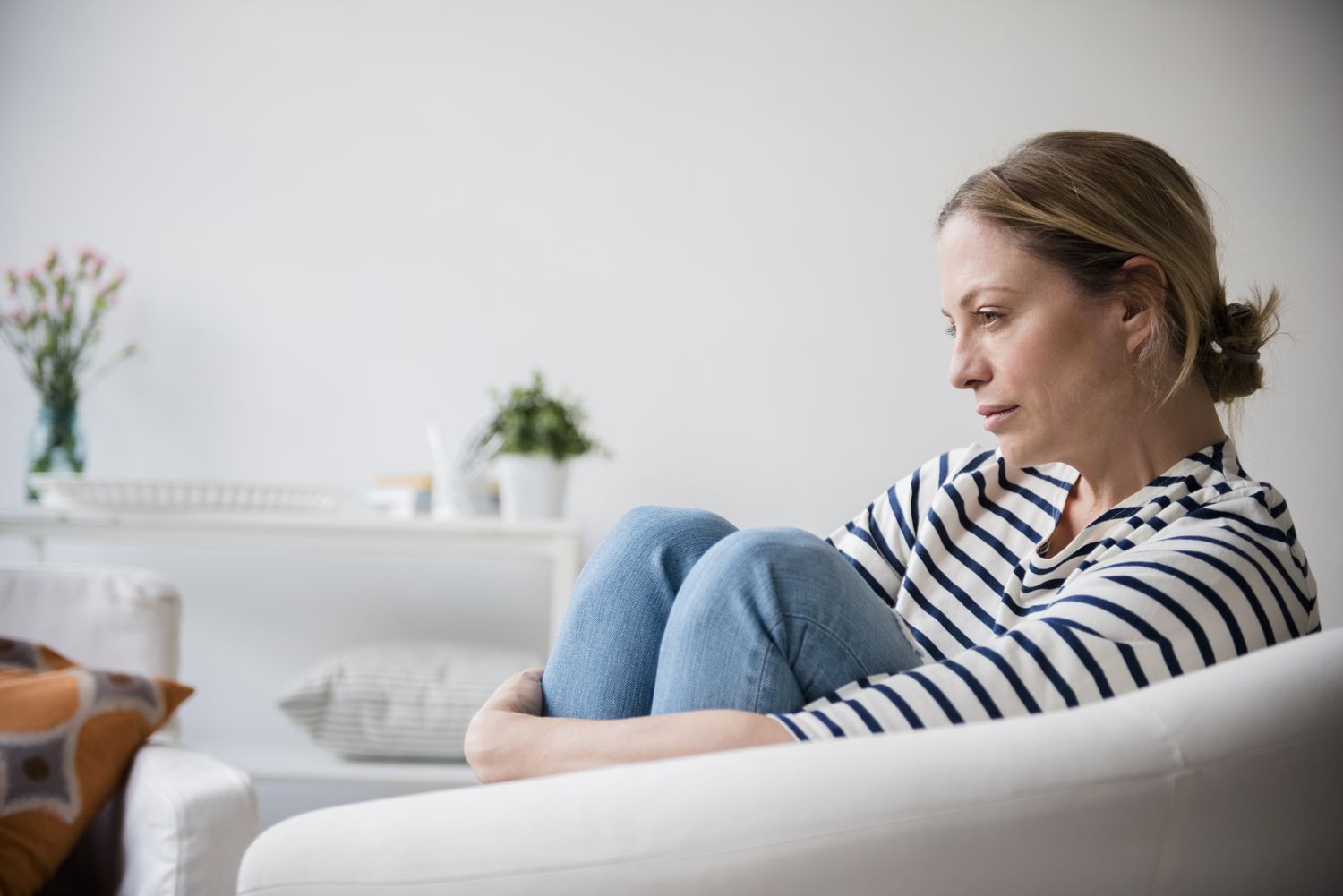Open Relationships: Facing Stigma and Its Emotional Toll, New Study Finds
It turns out that even though about 1 in 5 Americans has been involved in an open relationship at some point in their lives these individuals often face judgment and disapproval from others. Recent research sheds light on the stigma surrounding open relationships and the emotional toll it can take. Let's explore the findings and understand the challenges faced by those who choose non-traditional relationship styles.
The Stigma Surrounding Open Relationships:
In a pair of new studies researchers have discovered that around 40% of individuals engaged in "consensually non-monogamous" relationships experience negative judgment and even threats from others. Surprisingly 70% of these individuals who face stigma make an effort to hide the unconventional nature of their relationships.
The Emotional Impact of Stigma:

The follow-up study revealed that experiencing stigma in open relationships takes a significant emotional toll. It not only leads to anxiety when encountering disapproval directly but also creates anticipation of future negative encounters. Elizabeth Mahar the study author explains that prior research has already established a negative perception of non-monogamous relationships compared to monogamous ones.
The Various Forms of Stigma:
Stigma manifests in multiple ways ranging from disgust and social exclusion to receiving inferior service in public settings. These experiences undermine the quality of life and well-being of individuals in open relationships. Surprisingly about 20% of Americans have experimented with an open relationship highlighting the prevalence of this relationship style.
Examining Stigma and its Effects:
In 2019 a stigma exposure survey was conducted among 372 men and women in open relationships. The participants with an average age of just over 33 years reported instances where they felt unfairly treated discriminated against devalued diminished or threatened due to their relationship choice. However nearly 58% stated that they had not experienced stigma and around 8% even received positive or curious reactions from others.
The Need for Secrecy:
Even though a lot of people in open relationships say they haven't faced direct stigma a surprising 70% of them still take steps to keep their lifestyle a secret. This shows the fear and worry they have about telling others about their choice of relationship. They're concerned about how society might judge them. It's like they're living with this constant worry that if people find out about their relationship style they might be treated differently or unfairly.
This need to hide a part of their life highlights a bigger issue in our society – the judgment and misunderstanding that still exist around different types of relationships. It's a reminder that even though we've made progress in accepting different lifestyles there's still a long way to go before everyone feels comfortable and safe sharing who they are and how they live.
The Impact of Stigmatization:
The follow-up survey aimed to determine the precise consequences of stigmatization. The team found that exposure to stigma in open relationships resulted in increased distress. Furthermore such stigma contributed to the development of "internalized" stigma where individuals started feeling uncomfortable and guilty about their relationship choices.
Understanding the Perceived Threat:
Research has found that people often have negative opinions about those in open relationships. This is mainly because they think these individuals prefer short-term relationships over long-term committed ones. This kind of thinking can make people who are in monogamous relationships (where they're only with one person) feel uneasy or even threatened.
Past studies have also shown that people tend to see those in open relationships as taking unnecessary risks. They're often viewed as less healthy both physically and emotionally. This kind of stigma can be tough for people in open relationships to deal with. It's not just about how they're seen by others; it can also affect how they see themselves and their relationships.
Understanding these perceptions is important. It helps us see how different types of relationships are viewed in society and the challenges people might face because of these views. It's a reminder that everyone's relationship choices are personal and that understanding and respect are key to how we think about and interact with others no matter what kind of relationship we choose.
A Closer Look at Open Relationships:

Amy Moors who teaches psychology at Chapman University points out something pretty interesting about open relationships. She says that there are as many people in open relationships as there are people who own cats in America. That's a lot of people! This comparison shows us that open relationships are more common than we might think and they're found among all kinds of different people.
But even though open relationships are quite widespread they're still not viewed very positively. Research from about ten years ago showed that people in open relationships tend to be seen in a less favorable light compared to those in monogamous relationships. This means that even though a lot of people are in open relationships they might still face judgment or misunderstanding from others. Amy Moors' work is important because it helps us understand how common open relationships are and also reminds us that there's still a lot of work to do in terms of how we think and talk about different kinds of relationships.
The Nuance of Stigma:
People in open relationships face a lot of negative opinions that go way beyond just their choice of being in such a relationship. They are often thought of as less trusting and less satisfied in their relationships. There's also a common belief that they are more likely to spread sexually transmitted diseases. But the perceptions don't stop there. Surprisingly they are even seen as less responsible in other areas of life.
For example people often think they are less likely to pay taxes properly tip generously or even take care of their health by doing things like taking a daily vitamin. This study sheds light on these stereotypes and confirms that the stigma around open relationships is still very much a thing. It's not just about how others see them; this stigma can affect the people in these relationships. It can impact their self-esteem their overall well-being and even their chances in the economic world.
This research is important because it adds more detail to what we already know about the challenges faced by people in open relationships. It highlights the need for more understanding and less judgment in how we view different types of relationships.
The research on open relationships and stigma sheds light on the challenges faced by individuals who choose non-monogamous relationship styles. The study emphasizes the need for society to break free from narrow perceptions and embrace diverse relationship choices. Understanding and accepting open relationships can lead to improved well-being and a more inclusive society. As we move forward it is crucial to recognize the emotional toll of stigma and work towards creating an environment where individuals can freely express their relationship preferences without fear of judgment or discrimination.






